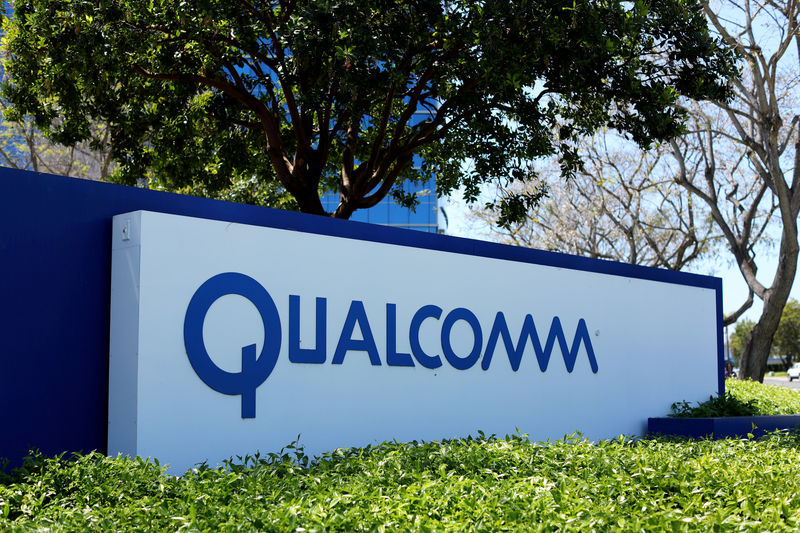This post was originally published on this site
https://i-invdn-com.investing.com/trkd-images/LYNXMPEI7S08A_L.jpg
BRUSSELS (Reuters) -EU antitrust regulators will not appeal a court ruling scrapping its 997-million-euro ($991 million) fine against Qualcomm (NASDAQ:QCOM), people familiar with the matter said, in a major win for the U.S. chipmaker that ends a long-running saga.
The Luxembourg-based General Court, Europe’s second-highest, in its June judgment was scathing of the European Commission’s handling of the case, saying procedural irregularities had affected Qualcomm’s rights of defence.
Judges also invalidated the Commission’s analysis that payments made by Qualcomm to Apple (NASDAQ:AAPL) were anti-competitive because the regulator had not taken into account all the relevant facts.
It would be very difficult for the EU competition watchdog to win on both counts in an appeal, the people familiar with the matter said.
The judgment was a major setback for EU antitrust chief Margrethe Vestager, who has handed out billion-euro fines to Alphabet (NASDAQ:GOOGL) unit Google and opened investigations into Amazon (NASDAQ:AMZN), Apple and Facebook (NASDAQ:META) owner Meta as part of her crackdown on Big Tech.
The European Commission, which can appeal to the EU Court of Justice (CJEU) on points of law, declined to comment. Qualcomm found itself in the EU’s crosshairs in 2015.
The Commission’s decision not to contest the Court finding was not surprising, said Peter Alexiadis, visiting professor at King’s College in London.
“Even if the Commission were to succeed on the substantive grounds of appeal, such a victory would be nothing more than Pyrrhic, given the fact that the Commission decision would nevertheless inevitably be annulled on the procedural grounds, where the Commission’s case seems to be weak,” he said.
An appeal might, however, force the court to clarify which exclusivity relationships held by dominant firms were problematic, Alexiadis said.
“It is nevertheless disappointing that the antitrust Bar does not have a chance to benefit from a CJEU ruling on the question of economic incentives to pursue exclusivity strategies,” he said.
The EU competition enforcer, in its 2018 decision, said Qualcomm paid billions of dollars to Apple from 2011 to 2016 to use only its chips in all its iPhones and iPads in order to block out rivals such as Intel Corp (NASDAQ:INTC).
Vestager faces her next test on Sept. 14, when the General Court will rule on Google’s challenge against a record 4.34-billion-euro antitrust fine imposed for using its Android mobile operating system to squeeze out rivals.
($1 = 1.0064 euros)


